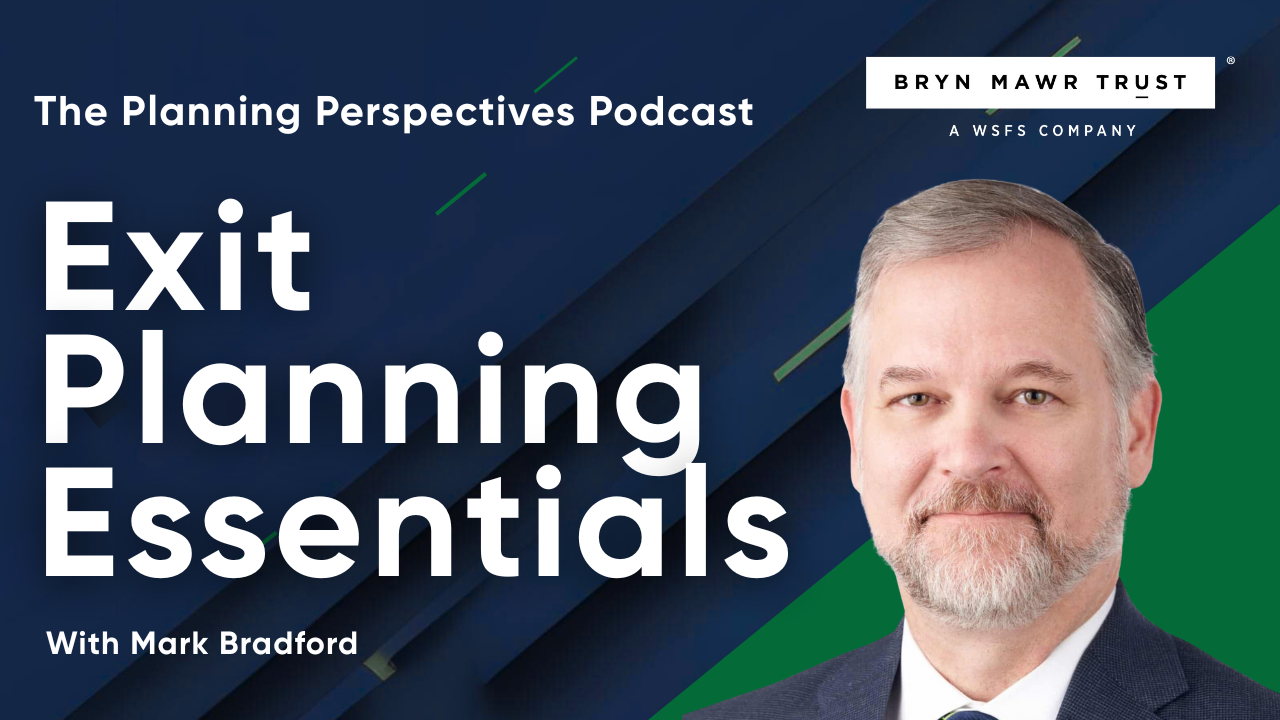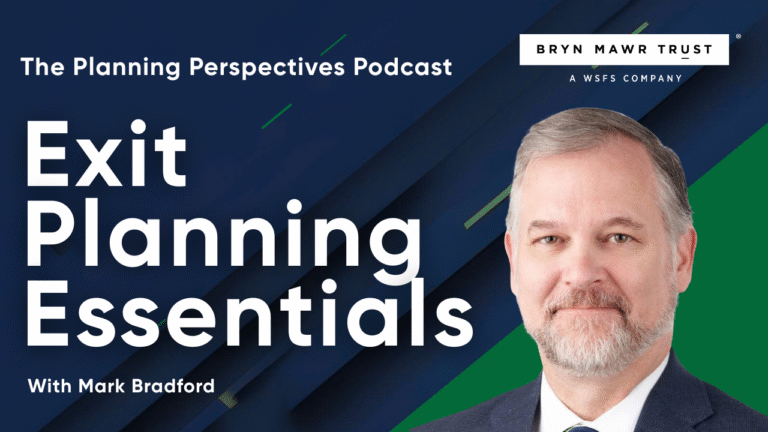Retiring Soon? Why Healthcare Planning Should Be Your Financial Priority

Many retirees underestimate how much healthcare will cost in their golden years. According to Fidelity, a 65-year-old retiring this year will need around $172,500 to cover healthcare expenses throughout retirement. That figure excludes essential services such as vision, dental, or long-term care, which are not covered by Medicare1. Just like employer-sponsored plans, Medicare has gaps that may lead to significant out-of-pocket spending.
What Will You Pay with Medicare?
Medicare coverage comes with varying out-of-pocket expenses depending on the plan. In 2025, most people didn’t pay a premium for Part A, but they faced a $1,676 hospital deductible. Part B comes with a $185 monthly premium, a $257 deductible, and 20% coinsurance for approved services. Medicare Advantage plans average $17/month and often use fixed co-pays, while Part D prescription coverage averages $46.50/month with a $2,000 annual out-of-pocket cap. Medigap policies, sold by private insurers, help cover costs not paid by Parts A and B, though premiums vary widely2.
Why It Matters
Healthcare planning in retirement matters because it directly affects your financial stability, quality of life, and peace of mind. As people age, medical needs typically increase, along with the costs to meet them. Without proper preparation, retirees can face unexpected expenses that drain savings, disrupt budgets, or even force difficult choices between care and other essentials. Medicare, while helpful, doesn’t cover everything.
Understanding these realities allows you to make informed decisions—choosing the right coverage, managing income to avoid surcharges, and setting aside enough savings to handle future medical needs.
Smart Planning Tips for 2026 and Beyond
To prepare financially for healthcare in retirement, especially with rising costs in 2026, retirees should budget for higher expenses, maximize HSA contributions before enrolling in Medicare, and manage income to avoid premium surcharges. With Affordable Care Act subsidies set to expire at the end of 2025 and Medicare premiums increasing, early planning is key. Long-term care insurance is also worth considering, since Medicare doesn’t cover extended care. These steps help protect savings and ensure more stable coverage
Planning ahead also allows retirees to maintain flexibility in their healthcare choices and avoid making decisions under financial pressure. By taking action early, individuals can better align their coverage with their long-term needs and enjoy greater peace of mind throughout retirement.
Healthcare in retirement isn’t just a line item—it’s a major financial commitment that requires thoughtful planning. With premiums rising, coverage gaps widening, and out-of-pocket costs becoming more unpredictable, early and informed preparation is the key to a confident and comfortable retirement. Understanding Medicare’s structure, anticipating changes, and budgeting wisely can make the difference between financial stress and lasting peace of mind.
Sources:
1Fidelity Investments. (2025). Fidelity Investments® Releases 2025 Retiree Health Care Cost Estimate, a Timely Reminder for All Generations to Begin Planning. Fidelity Investments® Releases 2025 Retiree Health Care Cost Estimate, a Timely Reminder for All Generations to Begin Planning
2National Council on Aging. (2025). What You’ll Pay in Out-of-Pocket Medicare Costs in 2025. What Are the Medicare Out-of-Pocket Costs for 2025?
Begin your journey
Have questions?
Speak with an financial expert.







